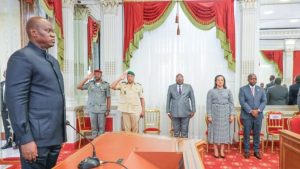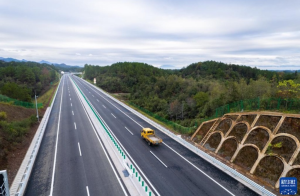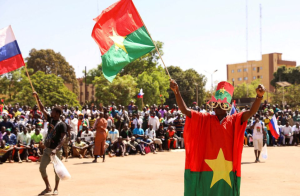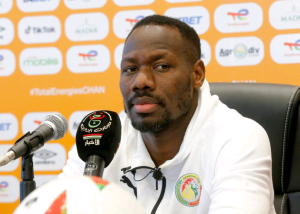Captain Ibrahim Traoré: Charting a new path for Burkina Faso’s sovereignty and development
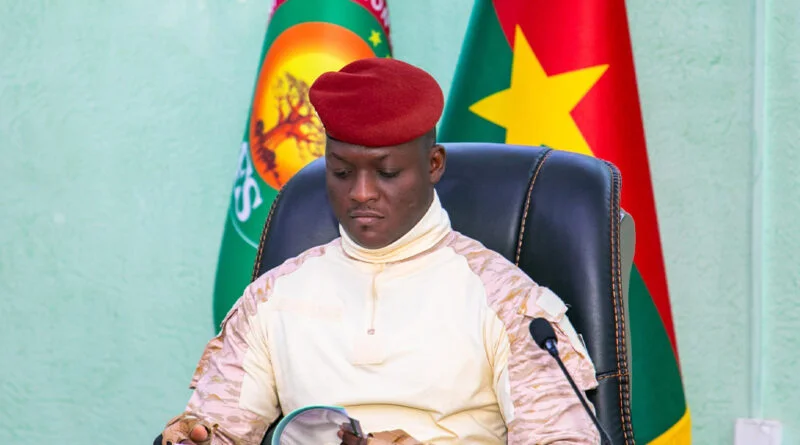
Since assuming power in 2022, Captain Ibrahim Traoré has ushered in a transformative era for Burkina Faso, prioritizing national sovereignty amid pressing security challenges while driving bold economic and social reforms.
A cornerstone of his leadership is industrialization. Under his administration, tomato processing plants in Bobo-Dioulasso and Yako have boosted local value chains and employment.
A new cotton-processing factory has revitalized the textile sector, while a state-of-the-art gold refinery now processes the nation’s mineral wealth domestically maximizing economic benefits long lost to foreign exportation.
Agricultural modernization has also taken center stage. The government distributed over 400 tractors, 239 tillers, 710 water pumps, and 714 motorcycles to farmers, catalyzing surges in tomato, millet, and rice production between 2022 and 2024.
Infrastructure upgrades new roads, widened highways, and paved gravel routes are enhancing connectivity and trade.
Traoré’s economic sovereignty agenda is uncompromising. Rejecting IMF and World Bank financing, he declared Africa’s need to break free from “imperialist” financial dependencies.
Burkina Faso has since repaid its domestic debt, freeing capital for self-determined investments.
Symbolic reforms underscore this shift. Judges swapped French-style black robes for traditional faso dan fani cotton attire a deliberate move to reclaim cultural identity and shed colonial vestiges.
Despite security threats, Traoré’s vision for a self-reliant, prosperous Burkina Faso is unfolding through tangible strides in industry, agriculture, and national pride. His policies reflect a deeper ethos: development must be homegrown, and sovereignty non-negotiable.
Maurice K.ZONGO



